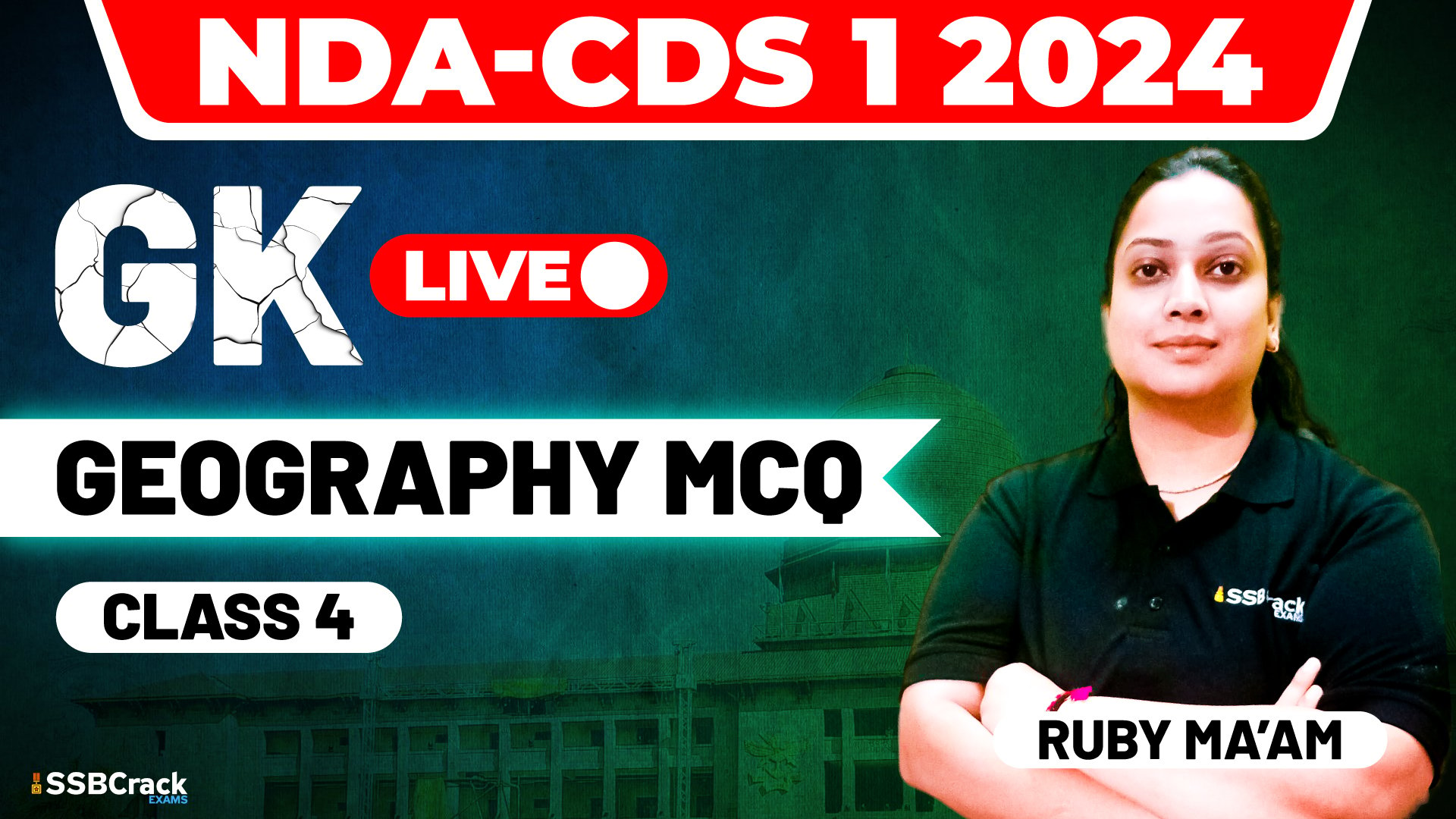Aspirants eyeing a career in the esteemed National Defence Academy (NDA) or Combined Defence Services (CDS) understand the paramount significance of rigorous preparation. One often underrated but vital aspect of preparation is mastering map-based multiple-choice questions (MCQs). Not only do these questions assess a candidate’s geographical knowledge, but they also play a pivotal role in shaping a comprehensive understanding of strategic locations, historical battles, and geopolitical significance, all of which are indispensable in the life of a defense personnel. This article delves into the importance of solving map-based MCQs to enhance your preparation for the NDA and CDS examinations.
Building Geographical Awareness:
First and foremost, tackling map-based MCQs enhances your geographical awareness. In the military, an in-depth understanding of geographic terrain is critical, be it for planning military operations, maneuvering through challenging landscapes, or comprehending the geopolitical dynamics of various regions. A thorough grasp of maps aids in identifying topographical features, understanding geographical coordinates, and comprehending the implications of terrain on military strategies.
Analyzing Strategic Significance:
Moreover, solving map-based MCQs sharpens your ability to analyze the strategic significance of various locations and regions. Aspiring officers must be well-versed in the strategic importance of different regions, countries, and global hotspots. By solving map-based MCQs, candidates can grasp the historical and contemporary significance of various regions, thereby developing a nuanced understanding of global political dynamics and military interests, which are integral in making informed and strategic decisions.
Fostering Critical Thinking:
Solving map-based MCQs fosters critical thinking and problem-solving skills. As these questions often require candidates to analyze map-based data and make deductions, it nurtures a candidate’s ability to think analytically and strategically. This skill is essential not only during the exam but also in real-life scenarios where quick thinking and strategic decision-making are vital, especially in times of crisis or conflict.
Enhancing Memory Retention:
The process of repeatedly solving map-based MCQs aids in enhancing memory retention. Revisiting and memorizing various geographical features and their significance engrains this knowledge into the long-term memory, making it easily accessible during the examination and beyond. This knowledge retention proves beneficial when applying theoretical knowledge to practical situations, as defense personnel often need to recall crucial information swiftly and accurately.
Preparing for Descriptive Questions:
Furthermore, mastering map-based MCQs lays a solid foundation for tackling descriptive questions that involve detailed analysis of geopolitical scenarios. A strong understanding of maps and geographical features serves as a precursor to effectively answer descriptive questions that assess a candidate’s ability to comprehend and articulate complex geopolitical situations and strategic analyses.
Conclusion:
In the competitive landscape of NDA and CDS examinations, comprehensive preparation is the key to success. Solving map-based MCQs not only strengthens your grasp of geography but also fosters critical thinking, enhances memory retention, and prepares you for the complexities of strategic analysis. By recognizing the importance of map-based MCQs and incorporating them into your study regimen, you will be better equipped to excel in the NDA and CDS examinations and, eventually, in your future role as a defense officer safeguarding the nation’s interests.







